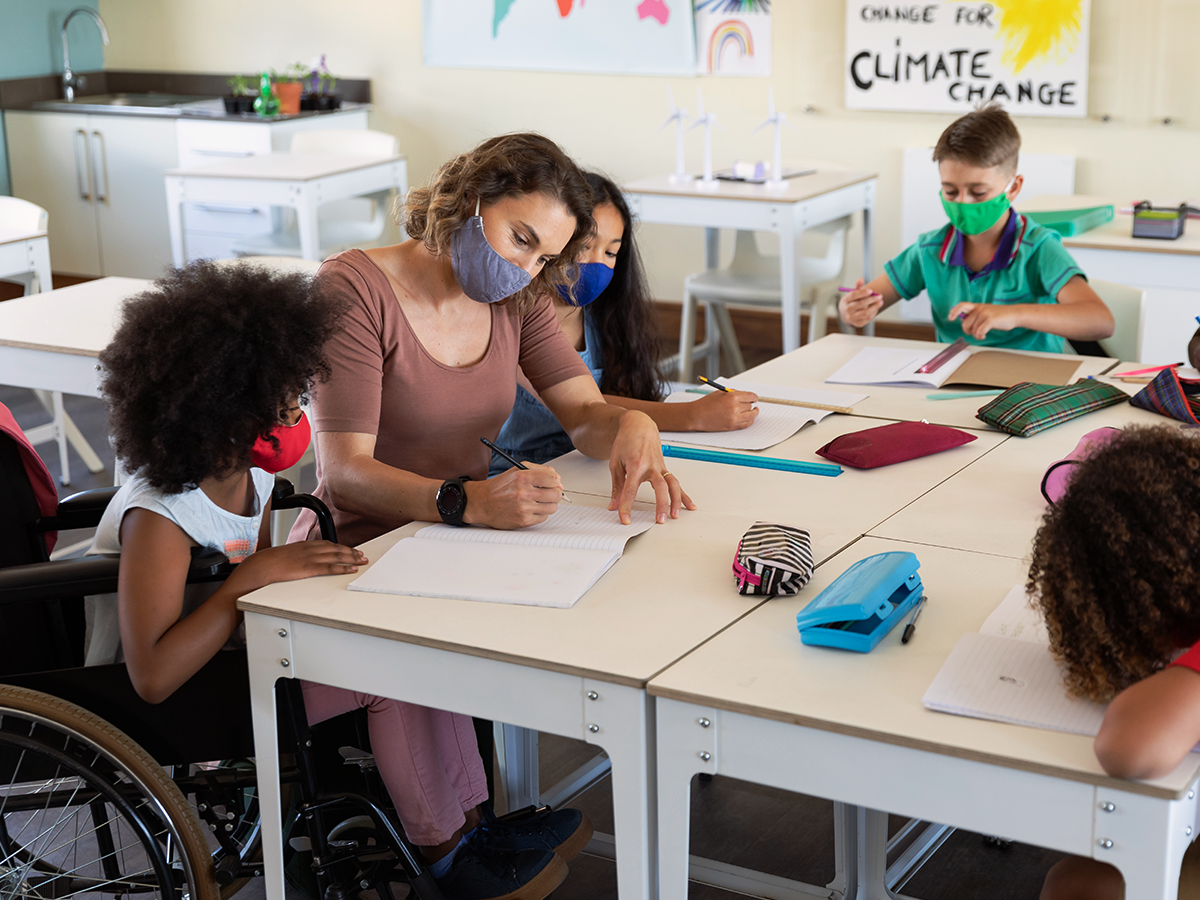In many states, parents may be required to provide special education services to their children. If you want your child to receive a free, appropriate public education (FAPE), you must comply with the special education laws in your state.
Every day, parents have to deal with special needs in their kids. They face many challenges when navigating the complex system of special education laws.
The US has a strong history of protecting children from abuse and neglect, but many laws protect them from harm.
Sikkim Manipal University Distance Learning (SMUDL) is the only distance learning institution in Sikkim. SMUDL offers bachelor’s and master’s degree courses approved by AICTE and UGC through video conferencing. The University has a large student base in North East India, particularly in Sikkim.

What are special education laws?
Special education laws are the rules that govern what schools are required to do to ensure students with disabilities receive the services they need.
In most states, students with disabilities must attend a public school. This means that they must be taught in general education classes.
However, if the child is eligible for special education services, they may be placed in a separate class. These classes are called special education classes.
They can be designed specifically to teach students how to improve their skills.
Special education laws can be tricky.
While these laws are meant to help protect kids from abuse and neglect, they can also challenge parents.
For example, they can apply to situations where a child is bullied, mistreated, or neglected. These situations can include instances where a parent doesn’t allow a child to go outside because it’s too cold or they don’t let them play video games.
Parents can also be held liable for the actions of others. In one case, a father sued his wife for abuse and neglect after she failed to prevent her son from beating him up.
Other laws can be confusing and can even cause issues for your family.
In another case, a mother claimed she could not afford to provide her son with an adequate education. She sued for lack of education, but the court ruled against her.
Special education laws can have a huge impact on your life and your kid
Have you ever wondered why you can’t go to your local police station and file a report against your kid’s school? Or why you can’t get your kid’s medical records?
Or why you can’t see your child’s grades?
Why is all this information hidden away?
It is because of the federal and state laws regarding special education. These laws govern how the government treats and educates children with special needs.
These laws were created to be fair to every child with special needs. The federal law, the Individuals with Disabilities Education Act (IDEA), is the most important of these laws. The IDEA says that any child with a disability must receive an education in the least restrictive environment possible. This means that each child’s teachers should try to get the child educated in a regular classroom with their non-disabled peers.
Who is covered by special education laws?
Every child in the United States is protected by laws that prevent abuse and neglect. When You should contact the authorities when a child gets hurt, special education laws can apply to your child’s case.
The purpose of special education laws is to protect children from harm. When your child is in school, you may not always be able to see them because of a disability or mental illness.
Hence, special education laws help ensure every child is safe in school.
The most important special education law is the Individuals with Disabilities Education Act (IDEA).
Fequently asked questions about laws regarding special education
Q: Can I file a lawsuit against a school district for special education services?
A: If the district has an Individual Education Plan (IEP) that does not meet their child’s needs, then yes. They have the responsibility to provide appropriate education to their students. However, you must take legal action against the school district within two years when the child was first identified as needing special education.
Q: What must I know before filing a lawsuit against a school district?
A: Civil rights, due process, and IDEA are different lawsuits. Civil rights suits and due process suits are filed in federal court. IDEA suits are filed in state court. It would be best to determine which case fits your situation best.
Q: What is the average salary of a fashion model?
A: The average salary is between $10,000-$15,000.
Q: How long does it take to get an agent in NYC?
A: It usually takes a couple of months to get an agent.
Q: Is there any special training to be a model?
A: It’s basically like dancing, gymnastics, and modeling. There are very few schools that specialize in modeling.
Top myths about laws about special education
- Special education should be the last resort.
- You cannot make up for bad teaching.
- Teachers have all the power.
- Your child must be held back or fail.
Conclusion
It was the summer of 2012. My son had just turned five, and we were finally figuring out our family life again. We were in the middle of moving back to California, and I was still working as a graphic designer.
However, I was feeling a bit lost. I had been working hard to find a way to make money online, but I was starting to feel like it would never work out for me.
I was getting desperate and thought I could do something to make extra cash. So, I Googled “how to make money online.”
What did I find? Many “make money online” sites were nothing more than get-rich-quick schemes that were only out to take advantage of people. The next thing you know, I spent 10+ hours a day on the computer researching ways to make money online. And that’s when my son asked me, “Mom, what are you doing?” I explained that I was looking for a way to make money online, but I didn’t want to do anything illegal or scam anyone.














